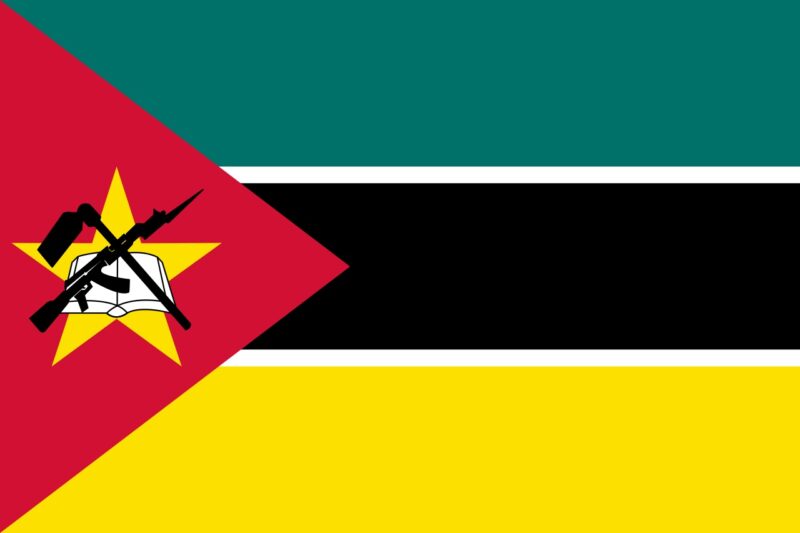According to local authorities in the Susundenga district of Manica Province, 13 children have contracted schistosomiasis.
(About Schistosomiasis)
Schistosomiasis is a disease caused by a parasitic worm widely distributed in Africa. The larvae (cercariae) released from freshwater snails, which are intermediate hosts, infect humans who come into contact with contaminated rivers, lakes, or swamps. The disease has an incubation period of 2 to 12 weeks, after which symptoms such as skin rashes, fever, headache, and muscle pain may appear. The larvae then mature into adult worms, which lay eggs in the blood vessels, leading to symptoms like hematuria, frequent urination, pain during urination, diarrhea, abdominal pain, bloody stools, kidney damage, liver cirrhosis, and ascites.
(Preventive Measures)
1. Avoid entering freshwater in risky areas. Schistosomiasis does not occur in seawater or chlorinated pools.
2. If avoiding contact with freshwater is not possible, wearing rubber boots and gloves can be effective.
3. There are currently no vaccines or preventive medications with proven effectiveness.
4. Schistosomiasis is not transmitted from person to person.
(Treatment)
If you experience symptoms, seek medical attention promptly and undergo diagnosis and treatment with antiparasitic medications.
Residents of and visitors to these areas are advised to take appropriate precautions.





Comment